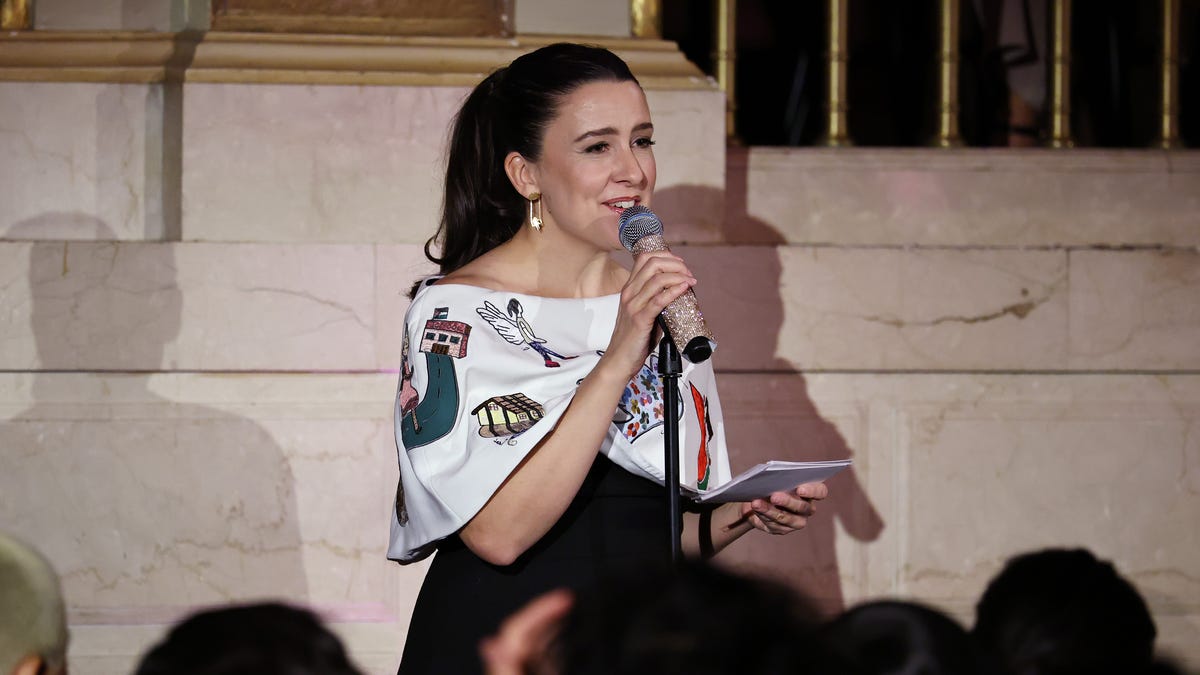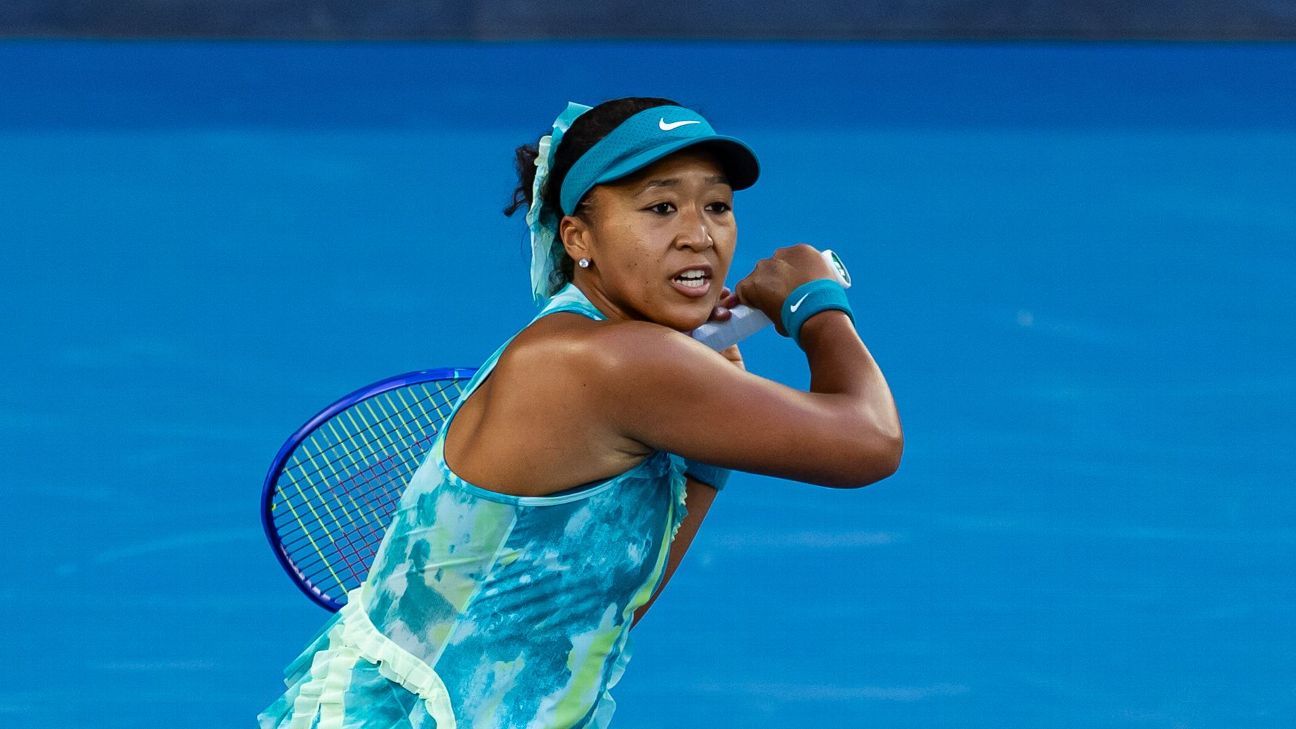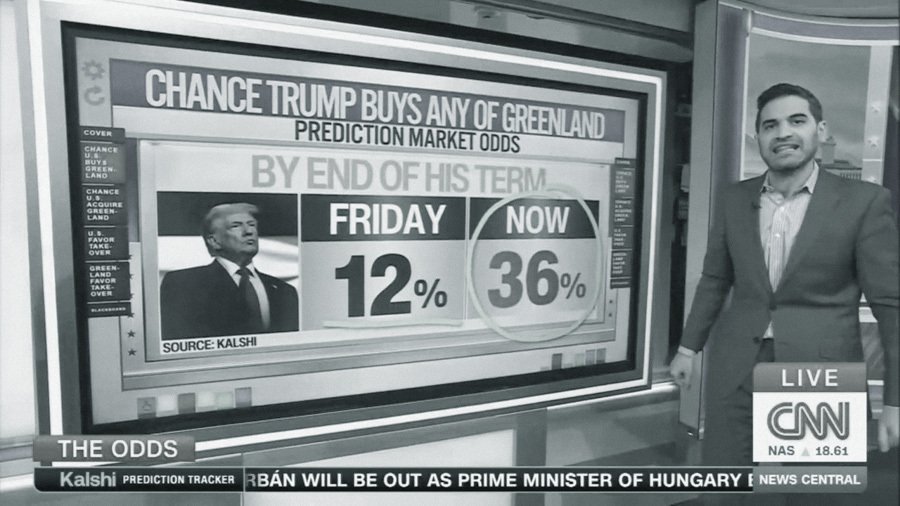A New Era of Global Health: Breaking Barriers to Equity and Access
The world is at a crossroads in terms of global health. The COVID-19 pandemic underscored existing disparities and challenged nations to take a deeper look at health equity. In this new era, there is an urgent need for comprehensive strategies that break down barriers to ensure equitable access to healthcare across the globe.
The State of Global Health Today
Globally, health inequality exists due to numerous factors including socioeconomic status, geographical location, and systemic biases within healthcare systems. According to the World Health Organization (WHO), over 3 billion people lack access to essential health services. This inequity affects not only individuals but also entire communities and nations, resulting in significant social and economic repercussions.
Breaking Barriers: Access and Equity
To create a healthier world, we must address three primary barriers to access: financial constraints, geographical hurdles, and cultural perceptions toward healthcare.
Financial Constraints
The cost of healthcare is a leading barrier for many, especially in low-income countries. According to the WHO, over 100 million people fall into extreme poverty each year because of high health expenses. Innovative financing mechanisms, such as Universal Health Coverage (UHC) and partnerships with the private sector, could alleviate some of these financial burdens. Countries like Thailand have shown how universal health policies can dramatically improve health outcomes while minimizing out-of-pocket expenses for patients.
Geographical Hurdles
In many parts of the world, health services are concentrated in urban areas, leaving rural populations underserved. Telemedicine and mobile health clinics have emerged as effective solutions. These technologies can bridge the gap, providing consultations and treatment options to those in remote regions. Investing in infrastructure, such as roads and communication systems, also plays a crucial role in delivering healthcare services efficiently.
Cultural Perceptions
Healthcare cannot be isolated from cultural contexts. Many communities have deep-seated beliefs and traditions that can conflict with modern medical practices. To foster acceptance, healthcare providers must engage in community outreach and education campaigns that respect and integrate local customs. Tailoring health messages to fit cultural narratives can significantly improve healthcare uptake and adherence.
The Role of Technology in Global Health
Technology has become a critical tool in breaking down barriers to global health. The use of big data, artificial intelligence, and mobile applications can enhance disease prevention and management. For example, during the COVID-19 pandemic, contact tracing apps facilitated rapid response efforts. Additionally, platforms like WHO’s Go.Data have streamlined outbreak response coordination among countries.
Policy and Global Collaboration
Global health organizations, governments, and civil society must come together to create policies that promote equity and access. Collaborations such as Gavi, the Vaccine Alliance, have successfully provided vaccinations to millions of children in low-income nations. Similarly, WHO’s Health Emergencies Programme enables global partners to collaborate on outbreak readiness and response.
Investing in Health Systems
Investment in health systems is critical to ensuring that they are resilient and can respond to crises. Countries must prioritize strengthening their healthcare infrastructure, training healthcare workers, and procuring supplies necessary for quality care. This investment not only benefits health outcomes but also strengthens economies by promoting a healthier workforce.
Community Engagement and Empowerment
Empowering communities to take charge of their health leads to sustainable change. Health literacy programs designed to educate individuals about their rights and the services available to them are vital. Engaging local leaders in the decision-making process fosters trust and enhances the effectiveness of health interventions.
Conclusion
The future of global health hinges on our ability to dismantle the barriers currently impeding equity and access. By addressing financial, geographical, and cultural hurdles and leveraging the power of technology and community engagement, we can forge a healthier and more equitable world. Collective action, innovative policy frameworks, and a steadfast commitment to the principles of health equity will be crucial to achieving this vision in the years to come.
FAQs
What is health equity?
Health equity refers to the principle of fairness in health access, aiming to reduce disparities among different populations based on socioeconomic status, geography, and other factors.
Why is access to healthcare important?
Access to healthcare is vital for ensuring that all individuals can receive necessary medical care, ultimately leading to better health outcomes, reduced mortality, and enhanced quality of life.
How can technology improve global health?
Technology can enhance global health through tools like telemedicine, data analytics, mobile health applications, and electronic health records, enabling better disease management and improved access to care.
What role do governments play in promoting health equity?
Governments are crucial in establishing policies, funding initiatives, and developing health systems that promote equitable access to healthcare services for all citizens.















